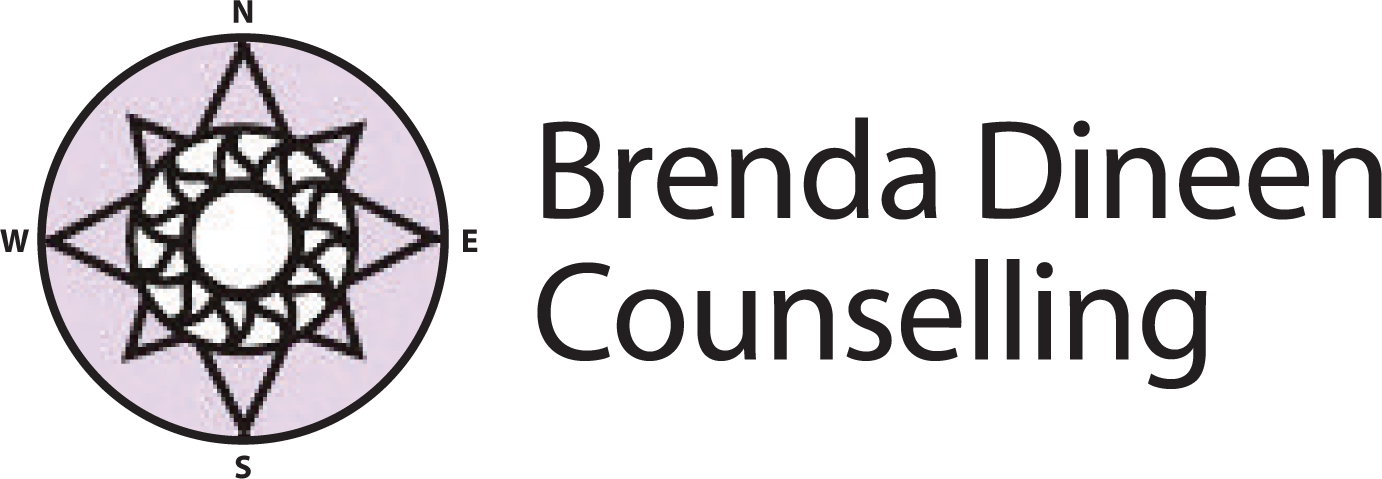Staying Centered in Turbulent Times
Many years ago, when I was in Grade 8, my class had a project to envision the world in the year 2000. We readily came up with this picture: We imagined that machines and robots would be doing all the work and we would have so much extra time on our hands, that we would not know what to do with ourselves!
Now, decades later, many of us find ourselves in a constant whirlwind of change, crises and personal overwhelm. We could not have foreseen the enormous seismic shifts and the accelerated pace of life that we now are going through. We did not imagine a pandemic, or personal computers or climate change.
We have all weathered two years of this pandemic, with the continual hope that life would turn back to ‘normal’. The word ‘normal’ has lost its meaning as life around us continues to spin ever faster. These last two years have been challenging. We have had to make so many adjustments in home and work life, staying more indoors, being careful when out in public, wearing masks, getting vaccines and more.
Not only have we gone through a pandemic, we find ourselves living in a time of deep trauma and insecurity in our world. We are bombarded with any number of crises that can knock us off our foundation: rampant inflation, increasing debt, climate emergencies and more. We turn on the TV and the images of war are so horrific that we turn the TV off again. It is too much to bear.
What have been the impacts of all this change?
Mental health issues are front page news now. A full one-third of Canadian adults are reporting they are suffering from a mental health issue, such as anxiety, depression, ongoing isolation and burnout.
We have heard about self-care many times. But now, we need to be practicing radical self-care: finding ways on a daily basis to deeply nurture our well-being on every level.
Additionally, it is important not to sacrifice your well-being in order to take care of others. You are only as strong and effective as you feel inside. You can’t take care of others if you are not tending to your own needs first.
How would it feel like to be more centered? Would you feel calmer, more grounded, and steady on your feet?
Something in us craves balance and the feeling of inner peace. Our heart knows we want this, but we must strive to find ways to create it.
Become mindful of the steps you take to become centered and balanced. You have the power to create your foundational well-being. You may notice yourself practising some of the following techniques:
Take deep breaths. When you breathe deeply, you bring yourself into acceptance of the present moment.
Observe your emotions and explore ways to let go of anxiety, fear, doubt and negative self-talk.
Closely monitor your health, nutrition, and sleep.
Set limits and boundaries on what you can take on. Say No when you are overloaded.
Meditate. Meditation is a powerful practice that brings you into the present and helps you let go of negative thoughts and feelings.
Take a holiday or time away to rest and reflect.
Celebrate what is going well: an interaction at work, a way you have helped someone in need, something you have learned, an appreciation given or received.
Reach out for support. Stay connected to people who are positive and who are supportive and encouraging. Talk with someone you trust and who can help you through challenges. This could be a close friend, partner, or a counsellor.
Time to take stock. What practices do you currently have? What practices do you now want to bring into your daily life that will help you get centered? Some people say that gardening is a great way to feel centered. Others paint, write or do something creative.
Writing this newsletter is one of the practices that helps me return to a state of my own well-being, calm mind and open heart. I am grateful to be in touch with you.
I would love to hear your feedback and comments.
Warmest wishes,
Brenda

